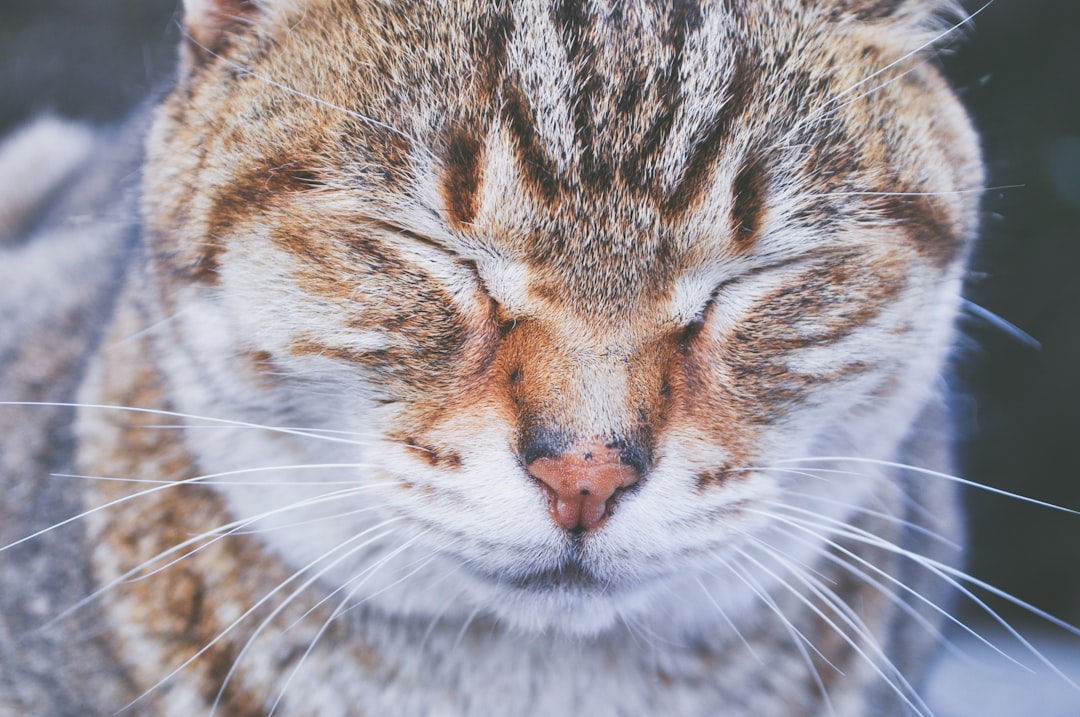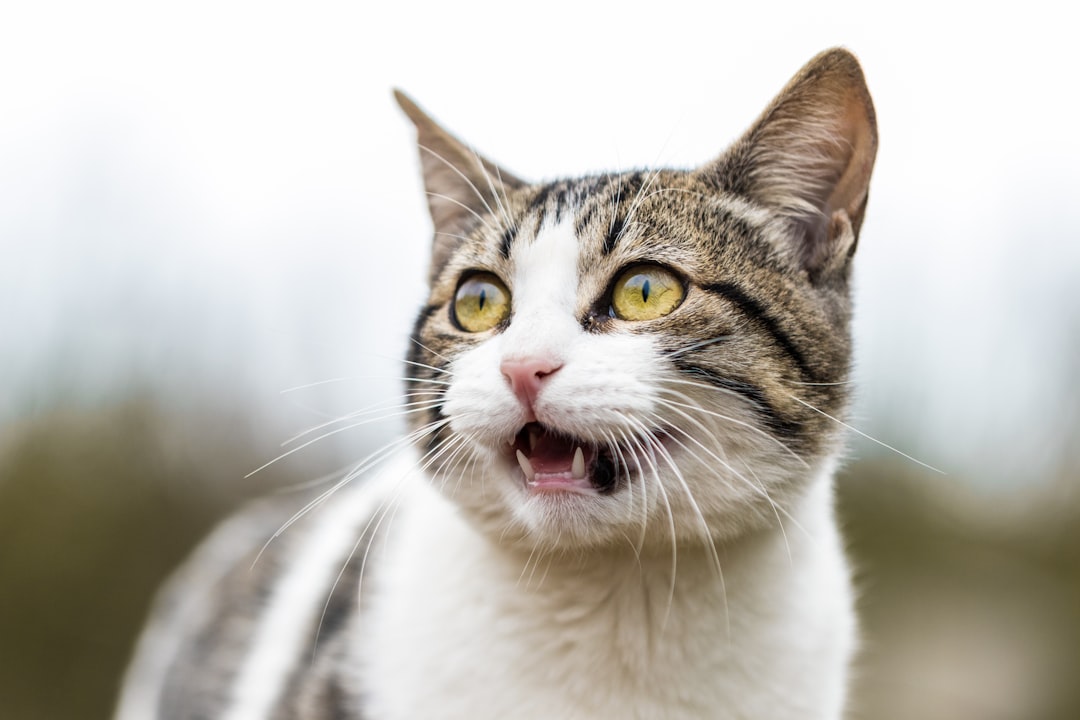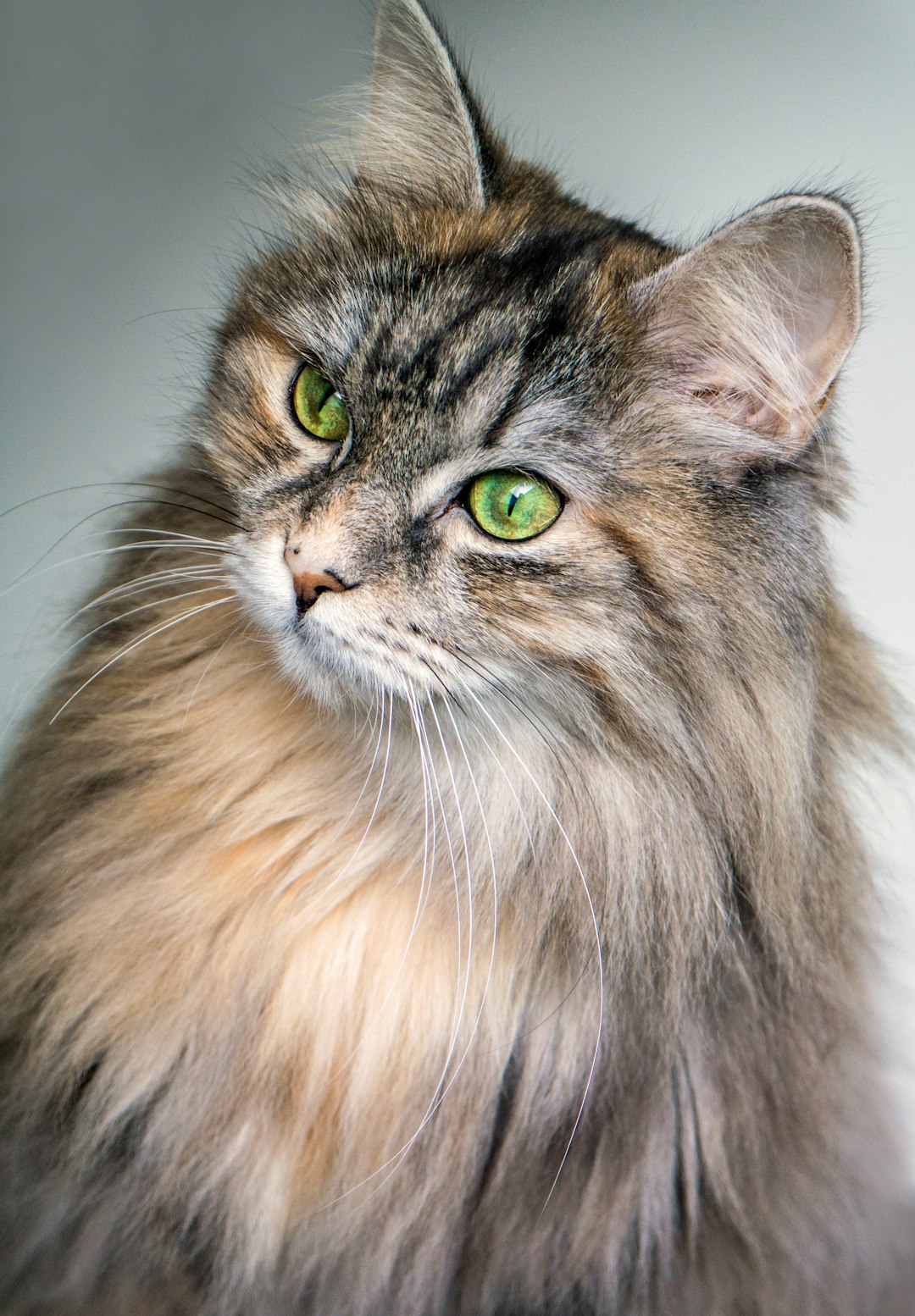Cats have unique dietary needs that primarily consist of proteins and fats, but pet owners often wonder about incorporating fruits into their feline’s diet. One common question is, “can cats have pineapple?” This delicious tropical fruit may offer some benefits, yet it is crucial to understand both the advantages and potential risks associated with feeding it to your cat. In this article, we will explore safe fruits for felines and provide insights on how to appropriately introduce new foods into their meals.
Introduction to Cats and Their Diet
Cats are obligate carnivores, meaning their diet primarily consists of meat. They require specific nutrients essential for their overall health, such as:
- Protein: Vital for muscle growth and repair.
- Taurine: An amino acid crucial for heart and eye health.
- Fat: Provides energy and supports cell function.
While their diet should mainly focus on high-quality animal protein, many cat owners wonder, can cats have pineapple? Understanding the balance of their nutrition is important before introducing any fruits.
It’s essential to recognize that feline digestive systems differ significantly from ours. Here are a few key points regarding their diet:
- High Protein Needs: Cats typically thrive on a higher protein diet than many other pets.
- Limited Carbohydrate Tolerance: Cats can struggle to metabolize carbs, making fruits a delicate addition.
- Hydration Source: Cats often obtain moisture from their food, so wet food can be beneficial along with fresh water.
In summary, while exploring the question of "can cats have pineapple," it’s crucial to prioritize their fundamental dietary requirements and ensure any food changes align with their unique nutritional needs.

Nutritional Needs of Cats
Understanding the nutritional needs of cats is crucial for maintaining their health. Cats are obligate carnivores, which means their diet must primarily consist of meat. However, they can benefit from certain fruits in moderation. Here’s what you need to know about their nutritional requirements:
- Proteins: Essential for growth and energy, cats require high levels of protein from sources like meat, fish, and poultry.
- Fats: Healthy fats support energy levels and aid in the absorption of fat-soluble vitamins.
- Carbohydrates: Unlike dogs, cats have a lower tolerance for carbohydrates. Some fruits can offer a safe source of carbs.
- Vitamins and Minerals: Cats need vitamins like A, B, D, and E, as well as minerals like calcium and phosphorus for overall health.
When considering if can cats have pineapple, it’s vital to remember that fruits should only supplement their diet, not replace essential nutrients. A balanced cat diet is key to their overall well-being!
Benefits of Fruits in a Cat’s Diet
Incorporating fruits into your cat’s diet can offer several benefits, contributing positively to their overall health. While some may wonder can cats have pineapple, it’s important to recognize the broader advantages of safe fruits for felines. Here are some benefits:
- Hydration: Fruits like watermelon and cantaloupe have high water content, helping to keep your cat hydrated.
- Vitamins and Minerals: Fruits provide essential nutrients such as vitamins A and C, which support immune function and general well-being.
- Fiber: Fruits can introduce fiber into your cat’s diet, aiding in digestion and promoting gut health.
- Weight Management: Low-calorie fruits can serve as healthy treats, helping maintain a healthy weight.
Comparison of Fruits Safe for Cats
| Fruit | Hydration Level | Key Nutrients | Safe Amount |
|---|---|---|---|
| Pineapple | Moderate | Vitamin C | Small, occasional |
| Blueberries | High | Antioxidants | Up to 5 berries |
| Watermelon | Very High | Vitamins A, B6 | 1-2 small pieces |
| Banana | Moderate | Potassium | 1 small slice |
While answering the question, can cats have pineapple, remember that moderation is key. Always consult your veterinarian before introducing new foods to your pet’s diet.
Is Pineapple Safe for Cats?
When considering if can cats have pineapple, it’s essential to examine both the positive and negative aspects of this tropical fruit. Pineapple can offer some nutritional benefits, but caution is necessary.
Benefits of Pineapple:
- Vitamins and Minerals: Pineapple provides vitamin C and manganese which can support overall health.
- Hydration: Thanks to its high water content, it can help keep your cat hydrated.
Potential Risks:
While pineapple contains nutrients, it also poses certain risks:
- High Sugar Content: Excessive sugar can lead to obesity or diabetes.
- Acidity: Pineapple’s acidity might cause digestive upset, resulting in vomiting or diarrhea.
Recommendations:
- Moderation is Key: If you decide to offer pineapple, do so in small amounts.
- Monitor Reactions: Always observe your cat for any adverse reactions, such as allergies.
In summary, can cats have pineapple? Yes, but carefully and sparingly. Always consult your veterinarian before introducing any new food into your cat’s diet.
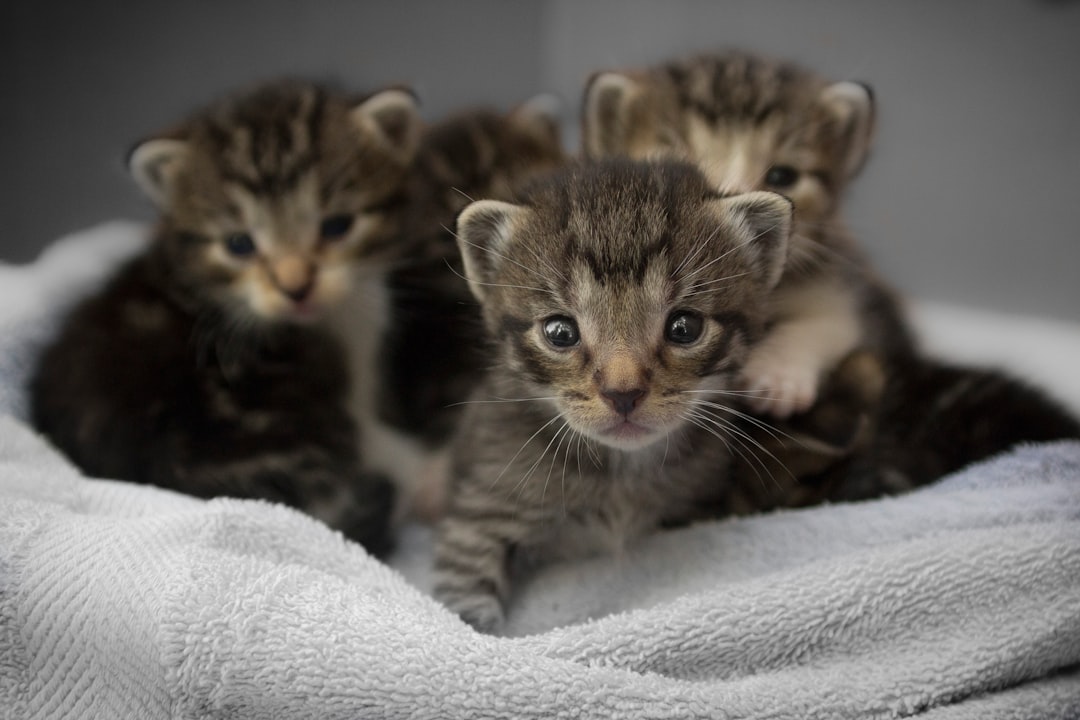
Potential Risks of Feeding Pineapple to Cats
While you might wonder, can cats have pineapple, it’s crucial to consider some potential risks before including this tropical fruit in your feline friend’s diet. Here are some points to keep in mind:
- Digestive Upset: Pineapple is high in fiber and sugar, which can lead to stomach discomfort, diarrhea, or vomiting in sensitive cats.
- Acidity: This fruit has a high acidity level, which may cause mouth irritation or gastrointestinal issues.
- Choking Hazard: Ensure that pineapple is cut into small, manageable pieces to prevent choking.
- Allergic Reactions: Although rare, some cats might develop an allergic reaction to pineapple, exhibiting symptoms like itching or swelling.
Comparison: Safe Fruits vs. Pineapple Risks
| Fruit | Digestive Upset | Choking Hazard | Allergic Reactions |
|---|---|---|---|
| Pineapple | High | Medium | Possible |
| Blueberries | Low | Low | Rare |
| Apples | Low | Low | Rare |
In summary, can cats have pineapple? Yes, but moderation is key, and it’s essential to observe your cat’s reaction carefully. Always consult a vet before introducing any new foods to your cat’s diet.
Other Fruits That Are Safe for Cats
When considering your cat’s diet, incorporating variety is key. While you might wonder can cats have pineapple, several other fruits are both safe and enjoyable for felines. Here are some great alternatives:
- Blueberries: Packed with antioxidants, these tiny fruits can provide a tasty treat while also supporting your cat’s immune system.
- Watermelon: Make sure to remove seeds and rind. This hydrating fruit will keep your cat cool in the summer months!
- Bananas: Rich in potassium, bananas are a favorite among many cats. Just offer them in moderation due to their high sugar content.
- Strawberries: These can be given sliced and are a good source of vitamin C. However, always ensure your cat doesn’t overindulge.
Comparison Table of Safe Fruits for Cats:
| Fruit | Nutritional Benefits | Safe Serving Size |
|---|---|---|
| Blueberries | Antioxidants, low-calorie treat | 2-3 berries |
| Watermelon | Hydration, low in calories | 1-2 small pieces |
| Bananas | Potassium, energy boost | 1 small slice |
| Strawberries | Vitamin C, fiber | 1-2 small slices |
While can cats have pineapple is a common question, remember that these fruits can offer your cat unique flavors and health benefits. Always introduce new foods gradually to observe any reactions!
How to Introduce New Foods to Your Cat
Introducing new foods to your cat can enhance their diet and provide essential nutrients. However, it’s crucial to do this gradually. Here are some steps to ensure a smooth transition, especially if you’re considering whether can cats have pineapple:
Start Small: Introduce a tiny amount of the new food, such as a small piece of pineapple. Monitor their reaction and ensure they enjoy it.
Observe for Reactions: Watch for any signs of allergies or digestive issues, including:
- Vomiting
- Diarrhea
- Lethargy
Mix with Regular Food: Combine a small amount of pineapple with their regular food. This encourages acceptance of the new taste.
Be Patient: Cats can be picky eaters. If they refuse the new food, don’t force it. Offer it again later or try a different fruit.
Consult Your Vet: Always check with a veterinarian before introducing new foods, especially if you’re wondering about interesting options like pineapple.
By following these guidelines, you can safely explore the question, can cats have pineapple, and other fruit options in your cat’s diet!
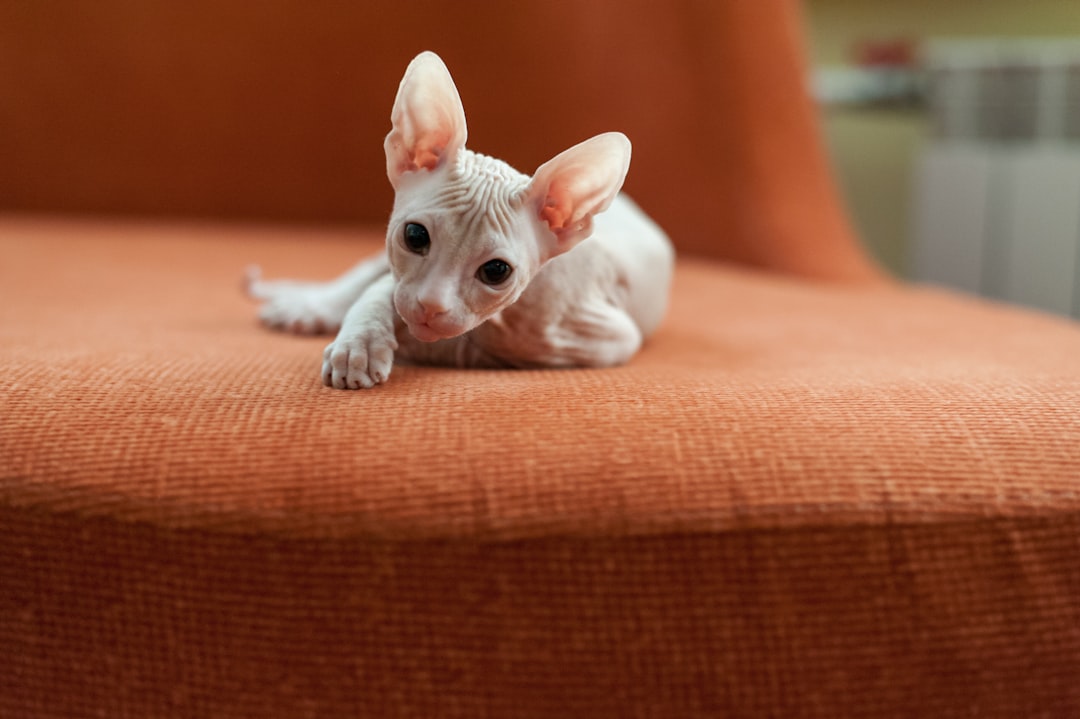
Conclusion and Best Practices for Feeding Cats Fruits
In summary, while some fruits can be a delightful addition to your cat’s diet, moderation is key. So, can cats have pineapple? The answer is yes, but only in small amounts and as an occasional treat. Consider the following best practices when feeding your feline fruits:
Consult Your Veterinarian: Always check with your vet before introducing any new food.
Start Slowly: Begin with small pieces to monitor for any adverse reactions.
Opt for Safe Fruits: Stick to feline-friendly fruits like:
- Blueberries
- Watermelon (seedless)
- Bananas
Avoid Toxic Fruits: Steer clear of grapes, raisins, and citrus fruits, as they can cause health issues for cats.
Monitor Their Response: Observe how your cat reacts to fruits and discontinue if they show signs of discomfort.
By following these guidelines, you can safely enjoy sharing fruits with your furry friend. Remember, the key takeaway is to keep it safe and enjoyable—after all, a happy cat is a healthy cat!
Frequently Asked Questions
Can cats safely eat pineapple?
Yes, cats can safely eat pineapple in moderation. Pineapple is not toxic to felines, and some cats may even enjoy its sweet flavor. However, since cats are obligate carnivores, their digestive systems are not fully equipped to handle a lot of fruits. It’s essential to offer pineapple as an occasional treat rather than a regular part of their diet. Always remove the skin and core, as these parts can pose choking hazards or cause digestive issues.
What fruits are safe for cats to eat?
Several fruits are generally considered safe for cats, including blueberries, strawberries, and cantaloupe. These fruits are not only safe but may also provide some beneficial nutrients. However, it’s crucial to introduce any new fruit gradually and in small quantities to observe how your cat reacts. Avoid feeding grapes, raisins, and citrus fruits as they can be harmful to cats and should be completely excluded from their diet.
How should pineapple be prepared for cats?
When preparing pineapple for your cat, first ensure it is fresh and ripe. Cut small, bite-sized pieces of the fruit, being careful to remove the tough outer skin and the hard core. You can offer the pineapple pieces raw, as cooked pineapple can lose some of its nutritional value. Always supervise your cat while eating to prevent choking and to ensure they don’t have any adverse reactions to the fruit.
Are there any health benefits to feeding cats pineapple?
While pineapple does not offer substantial health benefits to cats as it does to humans, it contains vitamins such as vitamin C and a small amount of dietary fiber. These nutrients can contribute to overall health in small amounts. However, the primary benefit of offering pineapple as a treat is to provide variety and enjoyment for your cat, rather than to meet their nutritional needs, which are primarily fulfilled by their regular meat-based diet.

